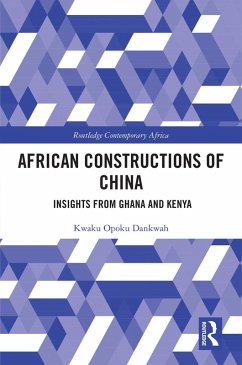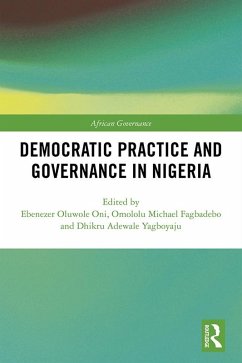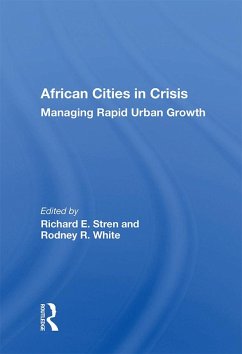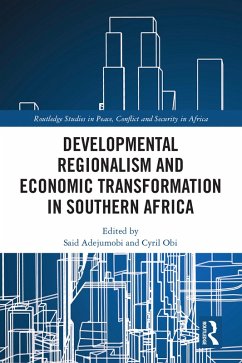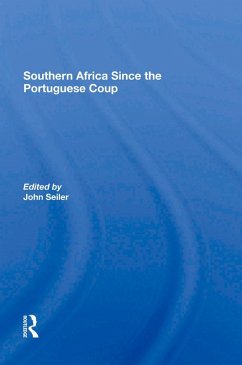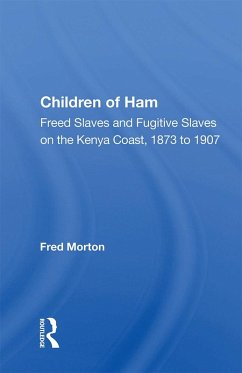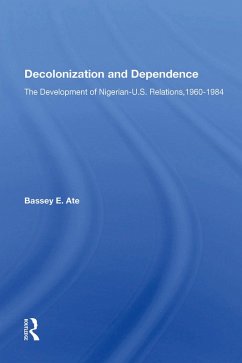
When Hens Begin To Crow (eBook, ePUB)
Gender And Parliamentary Politics In Uganda
Versandkostenfrei!
Sofort per Download lieferbar
45,95 €
inkl. MwSt.
Weitere Ausgaben:

PAYBACK Punkte
23 °P sammeln!
Among African countries, Uganda is unique in its affirmative action program for women. In the late 1980s, President Yoweri Museveni announced his belief that Uganda's successful development depended on increased gender equity and backed his opinions by setting several women-centered policies in motion, including a 1989 rule that at least 39 seats in the Ugandan parliament be reserved for women.In this fascinating study, based on in-depth interviews with both male and female parliamentarians, women in nongovernmental organizations, and rural residents of Uganda, Sylvia Tamale explores how women...
Among African countries, Uganda is unique in its affirmative action program for women. In the late 1980s, President Yoweri Museveni announced his belief that Uganda's successful development depended on increased gender equity and backed his opinions by setting several women-centered policies in motion, including a 1989 rule that at least 39 seats in the Ugandan parliament be reserved for women.In this fascinating study, based on in-depth interviews with both male and female parliamentarians, women in nongovernmental organizations, and rural residents of Uganda, Sylvia Tamale explores how women's participation in Ugandan politics has unfolded and what the impact has been for gender equity. The book examines how women have adapted their legislative strategies for empowerment in light of Uganda's patriarchal history and social structure. The author also looks at the consequences and implications of women's parliamentary participation as a result of affirmative action handed down by the president, rather than pushed up from a grassroots movement.Although focusing on Uganda, Tamale's study is relevant to other African and non-African countries grappling with the twin challenges of democracy and development.
Dieser Download kann aus rechtlichen Gründen nur mit Rechnungsadresse in A, B, BG, CY, CZ, D, DK, EW, E, FIN, F, GR, HR, H, IRL, I, LT, L, LR, M, NL, PL, P, R, S, SLO, SK ausgeliefert werden.




